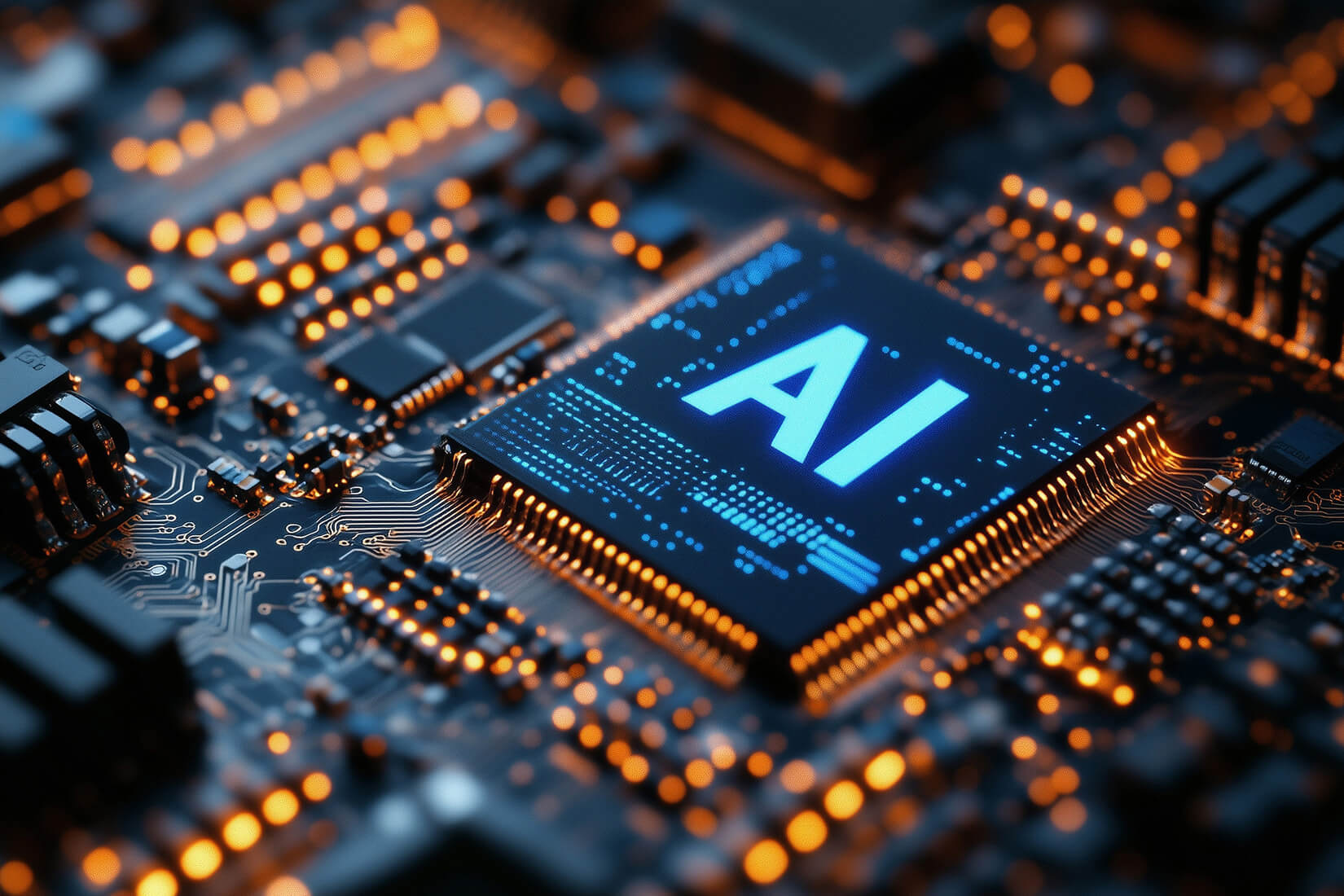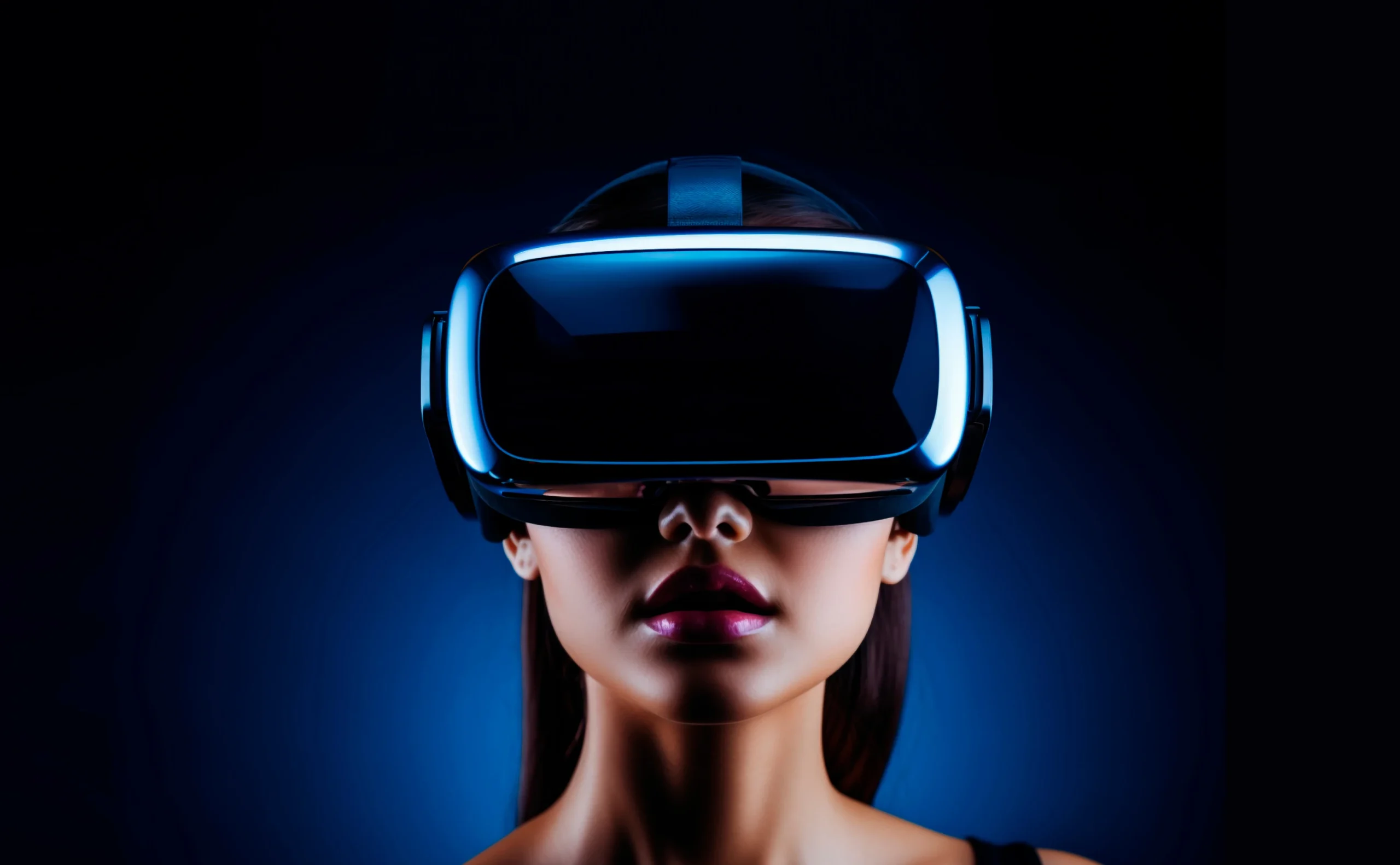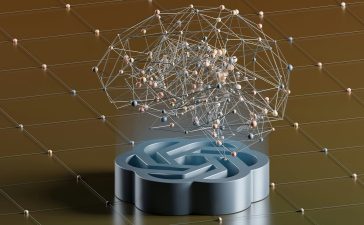Technology has always been the driving force behind societal evolution, but in the past decade, the pace of change has accelerated like never before. From artificial intelligence (AI) and automation to blockchain and quantum computing, innovations are redefining industries, economies, and daily life. The way we communicate, work, shop, and even think about privacy is transforming, and these changes will only intensify in the years ahead.
Understanding where technology is heading—and how it will continue to impact society—is crucial for businesses, professionals, and everyday consumers looking to thrive in this digital age.
Artificial Intelligence: The Backbone of Future Innovation
AI is no longer a futuristic concept—it’s everywhere. From voice assistants like Alexa and Siri to predictive analytics in business, AI is reshaping decision-making, automating repetitive tasks, and personalizing user experiences. Machine learning algorithms power recommendation engines on platforms like Netflix and Spotify, while AI chatbots streamline customer service for businesses.
In the workplace, AI helps companies analyze massive amounts of data, detect fraud, optimize logistics, and even generate creative content. While AI creates efficiency and drives growth, it also raises critical concerns about job displacement, ethical use, and data privacy.
The future of AI will likely involve stronger collaboration between humans and machines, where AI handles repetitive or complex analysis while humans focus on creativity, strategy, and emotional intelligence.
The Rise of Automation and Robotics
Automation isn’t just changing factories—it’s influencing everything from agriculture to healthcare. Robotic process automation (RPA) is streamlining office work, while advanced robots assist in surgeries, perform hazardous tasks, and even deliver packages.

Industries like manufacturing and logistics benefit greatly from automation, as it reduces costs and improves precision. However, these advances require workers to reskill, focusing on areas like programming, data analysis, and equipment management to remain competitive in a shifting job market.
For consumers, automation brings faster deliveries, more reliable services, and the potential for lower costs. The challenge for society lies in balancing efficiency with workforce adaptation.
The Expansion of the Internet of Things (IoT)
The Internet of Things is quietly weaving technology into nearly every aspect of life. Smart homes now feature connected devices that monitor energy use, enhance security, and adjust lighting or temperature automatically. Wearable devices track fitness and health metrics, alerting users to potential health issues before they become serious.
In industries, IoT enables smarter supply chains, predictive equipment maintenance, and real-time tracking of goods and services. Cities are even adopting IoT to create “smart city” infrastructure, optimizing traffic flow, energy use, and public safety.
As IoT continues to expand, concerns around cybersecurity and data privacy grow. More devices mean more data, making it vital to establish safeguards to protect sensitive information.
Blockchain Beyond Cryptocurrency
While blockchain is best known as the technology behind Bitcoin and other cryptocurrencies, its applications extend far beyond digital money. Blockchain offers secure, decentralized record-keeping, making it useful for industries like finance, supply chain management, and healthcare.
For example, blockchain can help track the origin of goods, ensuring transparency in food supply chains or luxury markets. It can also streamline cross-border payments, eliminate fraud in voting systems, and securely store sensitive health records.
Although widespread adoption faces challenges—such as regulatory uncertainty and scalability issues—blockchain’s potential to revolutionize trust and security is undeniable.
Cloud Computing and the Growth of Remote Work
Cloud computing has become a cornerstone of modern business and remote work. Platforms like Amazon Web Services (AWS), Microsoft Azure, and Google Cloud allow companies to store data, run applications, and scale operations without investing in expensive infrastructure.
For workers, cloud-based tools such as Zoom, Slack, and Google Workspace make collaboration seamless, regardless of location. The COVID-19 pandemic accelerated this trend, proving that entire industries can function remotely without losing productivity.
Looking ahead, hybrid work models will likely dominate, supported by ever-more-sophisticated cloud solutions that prioritize security, accessibility, and real-time collaboration.
Cybersecurity: A Growing Necessity
With the expansion of digital tools comes an increased risk of cyberattacks. Data breaches, ransomware, and phishing scams have become commonplace, threatening businesses and individuals alike. As more aspects of life move online—banking, shopping, healthcare—the need for robust cybersecurity measures has never been greater.
Companies are investing heavily in cybersecurity tools, from advanced encryption to AI-driven threat detection. For individuals, practicing digital hygiene—using strong passwords, enabling multi-factor authentication, and staying vigilant against scams—is essential to staying safe in a connected world.
Quantum Computing: The Next Frontier
While still in its early stages, quantum computing has the potential to solve problems that today’s computers cannot handle. Unlike traditional computers, which process information in binary (0s and 1s), quantum computers use quantum bits (qubits) that can exist in multiple states at once, enabling exponential increases in processing power.
Potential applications include breakthroughs in drug discovery, climate modeling, financial forecasting, and artificial intelligence. However, the technology is still largely experimental, with major players like IBM, Google, and startups racing to make it commercially viable.
The Human Side of Technology
While innovation brings exciting possibilities, it also raises ethical and social questions. How do we ensure AI is used responsibly? How can we balance data-driven convenience with privacy rights? What happens to workers displaced by automation?

Tech companies and policymakers must collaborate to address these concerns, implementing regulations and programs that promote fairness, security, and access to opportunities. Education and reskilling initiatives will play a critical role in ensuring that technological progress benefits everyone, not just a select few.
Looking Ahead: A Connected, Intelligent Future
The future of technology is defined by connection, intelligence, and integration. Devices, systems, and people are becoming more interconnected, creating opportunities for smarter cities, more efficient industries, and personalized consumer experiences.
As these innovations evolve, individuals and businesses must remain adaptable—embracing new tools, prioritizing security, and continuously learning. Technology will continue to reshape the way we live and work, but its true potential lies in how we use it: to solve problems, empower communities, and create a more innovative, equitable future.





